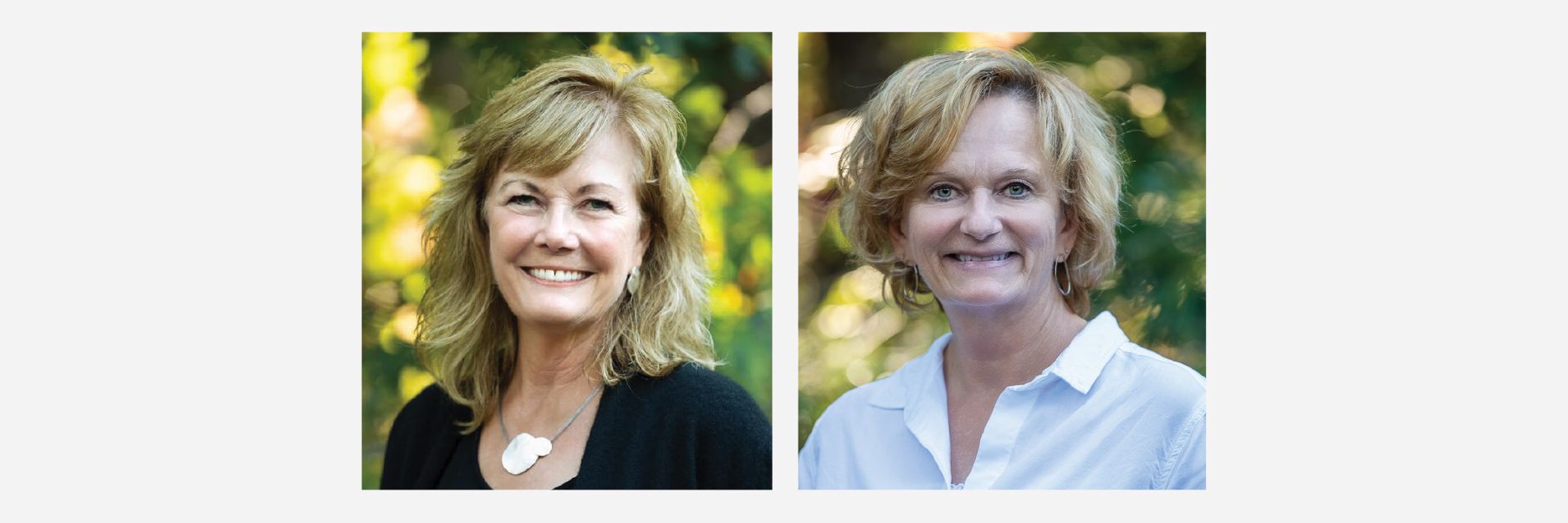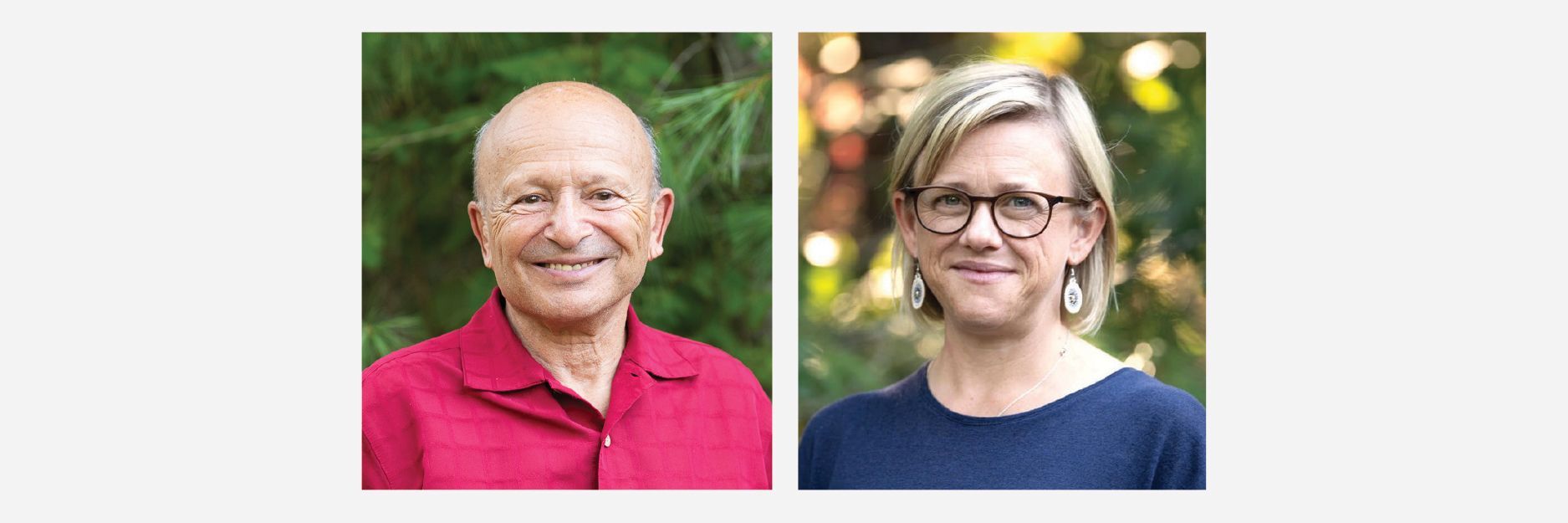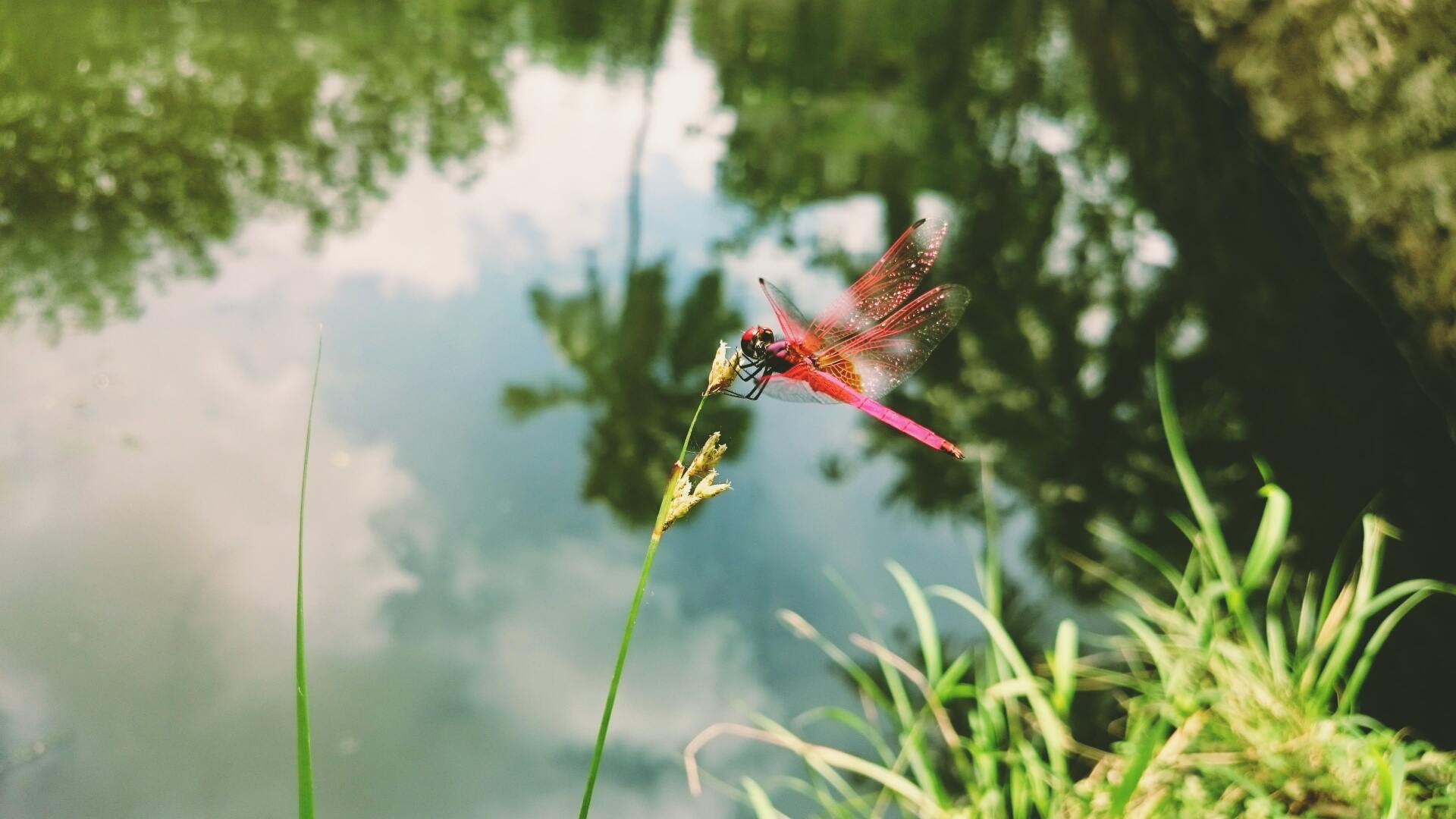Moving Toward Difference
Sharona Halpern • September 7, 2018
letting yourself be vulnerable to another point of view

I have been thinking a lot lately, about how my participation in the Cape Cod Training Program might contribute to making the world a better place.
I was born 13 years after the Nazi concentration camps were liberated. Many of the adults in my life as a child were survivors of those camps, or had survived the war by hiding or escaping under life threatening conditions. I grew up in an insulated Jewish community, where I was taught to be courteous to non-Jews, neighbors, bank tellers, the mail carrier, but to limit my interactions with them to everyday politeness. A German family lived across the street, and we never said more to them than “good morning” or “have a nice day.” My parents said, “We don’t know where they were during the war.”
When my mother came to visit my college dormitory, she commented to me when we stepped off the elevator, “You seem friendly with that girl. I was friendly with my non-Jewish school friends AT school,” she said, “but we never invited them into our house.” The only non-Jews who entered our house when I was growing up were the plumber or the electrician.
I was taught that difference was dangerous. Difference had taken the lives of my parents’ cousins, my great grandparents, and many other relatives and friends. Difference robbed my two beloved great aunts of their fertility, as they had been used as human experiments by Nazi doctors in the concentration camps.
There is no way to participate in CCTP and not encounter difference. As a faculty we create opportunities for building trust, to support faculty and participants to learn from our differences, rather than avoid them or simply tolerate them. I am sure some years we succeed more than others. A couple of years ago, CCTP participants came from seven different countries. And, as you know, participants also come from a variety of professions–we have chefs, ministers, pediatricians, surgeons, mountain climbing instructors and psychotherapists, just to name a few. During our time together, we take risks, and we support each other to be vulnerable and curious. We build trust and intimacy with people who are different than ourselves. (And, as I write this, I am aware of our continued intention at GISC, to become a place of even greater diversity in our community, diversity of race, culture and class.)
So many of the troubles of the world stem from our fear of difference, and from our lack of close contact with people who are different from ourselves. When we gather outside on the last day of CCTP, planting bulbs that will blossom into daffodils in the spring, we are marking our connection as a group, the learning community we create in spite of, and as a result of, our differences. Let’s take this experience back to our lives, and remember to stay curious and to move toward difference rather than moving away from it.
“To let yourself be vulnerable to another point of view–that’s what takes true courage. To open yourself to another’s convictions, and risk being convinced, a little, or a lot, of the validity of their perspective. Now that’s scary.” –Justin Trudeau, Commencement Speech at New York University, 2018
Some of you have asked what your next step should be after taking CCTP. For those of you who have not taken the Third Week, talk to someone who has and sign up. The Third Week is an opportunity to build on and expand what you learned in the first two weeks of the program. The next Third Week is scheduled in England this November. Sign up soon as the class is almost full. If you want to take it in the US, let us know and we will start to put the next class together. We are also offering three days of Supervision in Wellfleet in March 2019. That is the best way to continue to develop yourself and your skills–by being a member of a group, presenting practice dilemmas, asking questions and watching the faculty work.
We always enjoy hearing from you and we would love to see you again. Please stay in touch.
Sharona
Tags: #difference #CapeCodModel
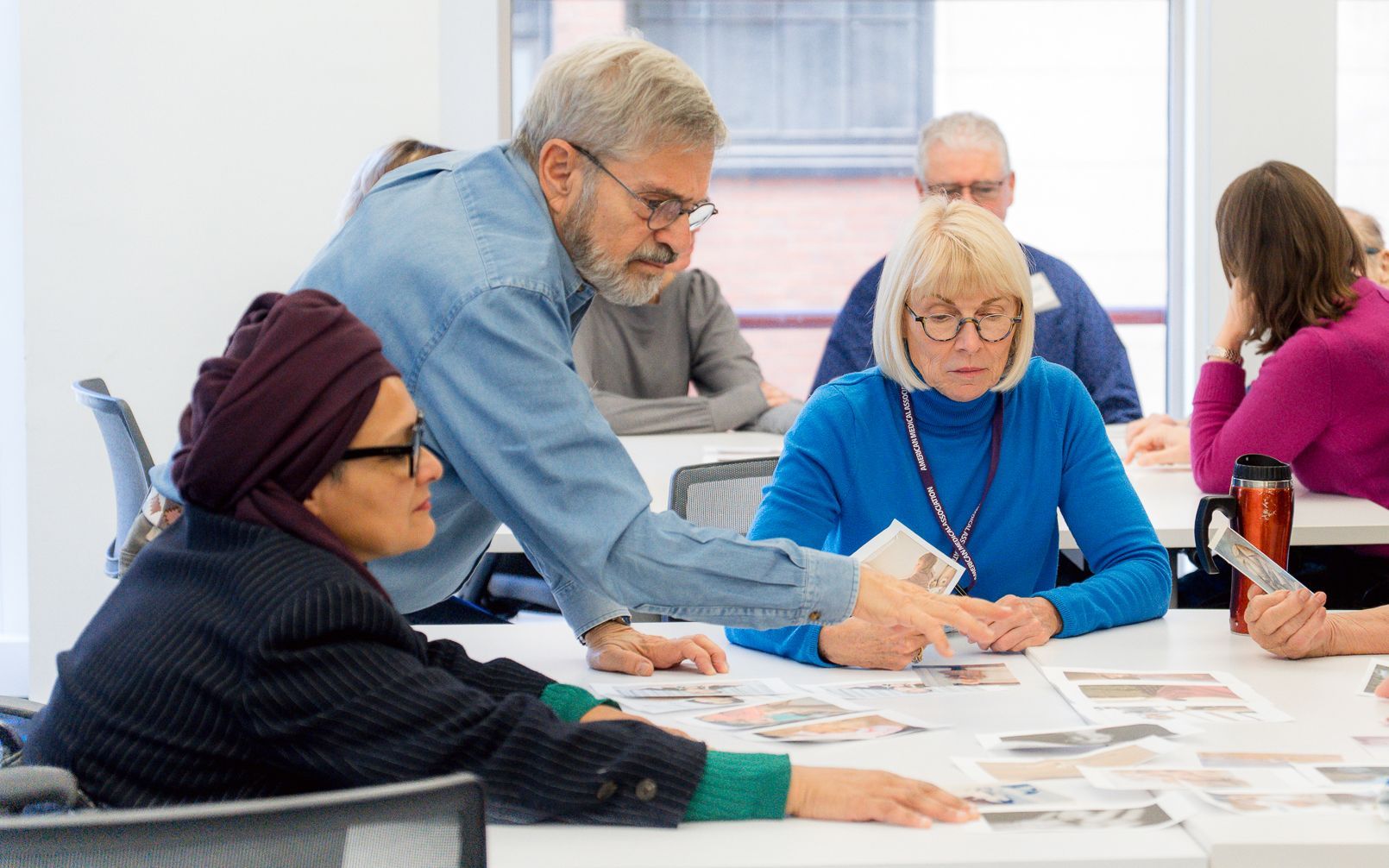
Dear Friends, Thank you for your ongoing support of GISC and for being an essential part of our global learning community. Each year, I’m reminded that GISC thrives because of the people who believe in our mission and commit themselves to creating a better world. Those who know GISC know what powerful catalysts self-awareness, personal growth, and embodying a Gestalt approach can be for creating positive change. This past year, we settled into our downtown Boston offices at the Nonprofit Center—a building dedicated to nonprofit advancement and social change. It is a fitting home for GISC, reflecting the values, vibrancy, and connection essential to our own mission:

Dear GISC Faculty, Staff, and Members, I am deeply honored to have been asked to lead the GISC Board as the new Chair. GISC is an organization that has profoundly shaped my personal and professional growth, and I know it has done the same for many of you. I am filled with energy and optimism about the future of GISC. We have an incredible opportunity ahead of us to evolve our programs, broaden our reach, and foster a more diverse and inclusive environment for both faculty and participants. As we move forward, we must also recognize the unique position GISC holds in today’s world. At a time when humanity and community face unprecedented challenges, we have the opportunity to stand as a beacon of hope and resilience. Our values of connection, empathy, and seeking common ground are more important than ever. By bringing our unique approach to communities and organizations dedicated to social justice and leadership, we can make a significant impact. The board has the responsibility of supporting CEO Laurie Fitzpatrick in achieving ambitious goals aligned with GISC’s mission. We must also work to enhance GISC’s presence, attract partners and resources to ensure sustainability and growth, and uphold the highest standards of legal, ethical, and financial integrity. I am excited to embark on this journey alongside the board, Laurie, staff, and faculty and look forward to what we will accomplish together. Warm regards, Rod -- Roderick Allen Chair, GISC Board of Directors Principal, Cipher Consultants (917)455-8994 LinkedIn - www.linkedin.com/in/roderick-allen/

Dear Friends, Thank you for your ongoing support of GISC and for being such a vital part of our global learning community. Together, we’ve continued to build on the transformative work that has defined GISC for decades. I’m excited to share some highlights of the past year and invite you to join us in shaping our next chapter. After more than 20 years in Wellfleet, we’ve embraced a new home in downtown Boston. Our new offices are located in a vibrant building dedicated to nonprofit advancement and social change, a perfect reflection of GISC’s mission to foster meaningful growth in the individuals and organizations we serve. While we will always cherish our Cape Cod roots, this move enhances our ability to connect with a broader community and expand our impact in new and exciting ways. GISC remains the place that brings diverse individuals together, in community, over time, for deep transformative learning. These shared experiences enable participants to multiply their impact for larger systems change. This year, our mission came to life with participants from 25 countries across all continents joining our online and in-person programs—an increase from prior years and a powerful testament to the global relevance of our work. In November, our faculty gathered for a three-day retreat, which deepened our sense of connection and reaffirmed GISC’s dedication to diversity, equity, inclusion, and belonging. This retreat will allow us to better foster a sense of belonging in our programs, continue to develop our theory, and align our Gestalt approach with the principles of inclusivity and shared growth. We’ve expanded our program offerings to include new open-enrollment and customized trainings for organizations, addressing critical topics such as psychological safety and inclusive leadership. And we continue to develop new programs to meet the needs of today’s leaders and professionals. In 2024, we launched a free monthly series for psychotherapists, Conversations with Clinicians: Life and Practice through a Gestalt Lens, enriching our commitment to the therapeutic community. Board member Shanaaz Majiet from Cape Town, South Africa, captured the heart of GISC’s work when she shared, “I believe our GISC mission has new relevance in an era of relationships for a better world.” Indeed, the relationships we cultivate and the communities we build are at the heart of everything we do—and it is your passion, support, and dedication that make it all possible.

When most coaches and clients think about coaching work, they see it as void of racism, sexism, sexual orientation, ableism, bias and intersectionality to name only a few experiences. They may also ignore the presence of these lifelong experiences in a coachee or themselves. As John Leary-Joyce the author of The Fertile Void: Gestalt Coaching at Work, states,
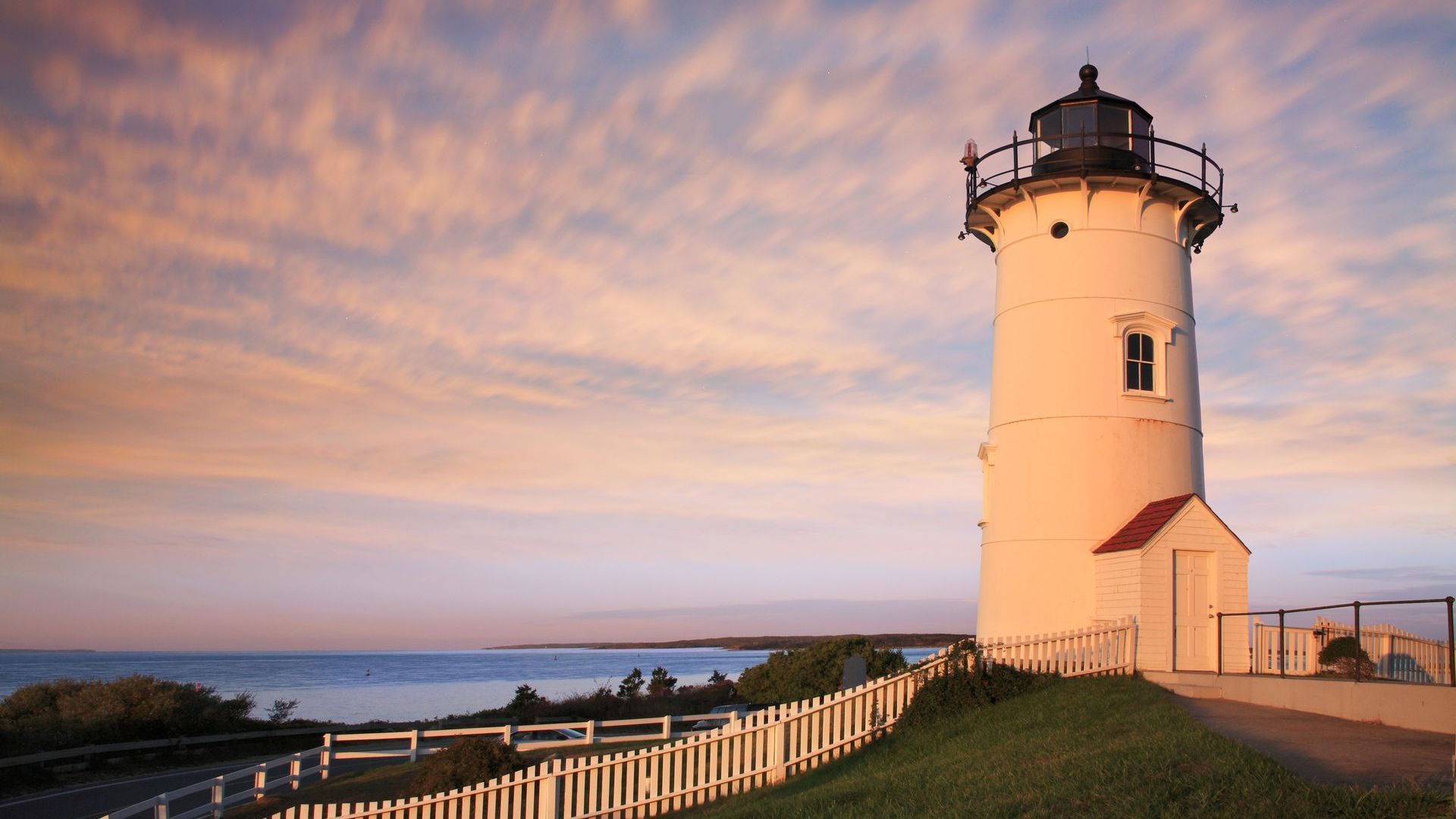
Dear Friends, Thank you for your ongoing support of GISC and for being such a vital part of who we are as a global learning community. This year, I have some important and exciting news to share. For many months, the GISC Board of Directors and I have worked together to develop a strategic vision to take GISC into the future. Our aim is for GISC to be the place that brings diverse individuals together, in community, online and in accessible in-person environments, for meaningful, transformative learning, so they can multiply their impact for larger systems change. We know this is achieved through relevant programming, experiences that are deep and build mastery over time, a focus on diversity, inclusion, and belonging – and by continuing to evolve as an organization. To this end, last month, the board made the strategic decision to put the Nevis Meetinghouse in Wellfleet up for sale and move our center of operations to Boston, Massachusetts. After the trials of Covid and the societal shifts we’ve seen since, it’s become clear that our greatest opportunities lie off-Cape, online, and in new places in the US and abroad. Making this decision is the best way we know to honor the legacy of our founders, Edwin and Sonia Nevis, and expand our important mission. While the building in Wellfleet has been a cherished physical home to many of us, it’s been the profound insights and lifelong relationships created there and elsewhere that are the most valuable treasure we share. Together, over many years, we’ve formed and re-formed community to hold our greatest hopes and aspirations as humans and professionals. “The Center” is indeed a community – it is you, our participants, members, supporters, faculty, and friends – not a physical space. This change will allow for greater accessibility and open up new opportunities for collaboration and partnerships in education, healthcare, and the helping professions. It will better enable thought leadership and our commitment to equity, diversity, and inclusion, expanding our impact in the world. While we understand that this news may bring sadness to some, we hope you will also join in our excitement for new ways of becoming all we can be – with all the creativity and liveliness that change can bring – while holding onto the essence of who we are and what makes GISC special. Please be a part of making this new vision a reality with your continued support and give generously to GISC this year. Your gift of $1,000 will place you in our Founders Circle, and every unrestricted gift of $125 or more includes a GISC membership. Our members are entitled to special perks and program discounts and will receive an invitation to our Virtual Town Hall to learn more and share thoughts on our vision for GISC. We also welcome gifts directed to our Scholarship Fund, Clinical Initiatives, DEIB work, Faculty Development – or your own area of interest.
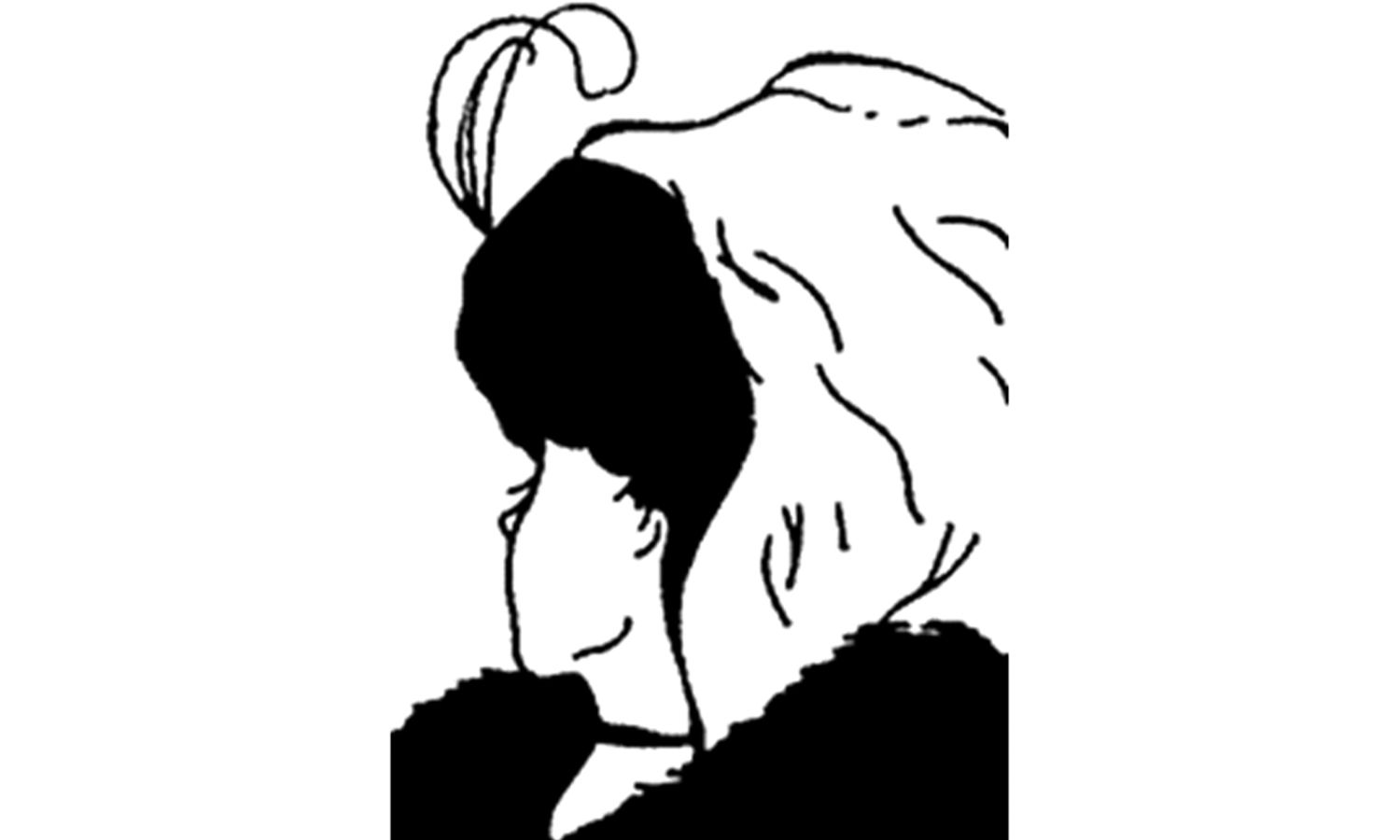
Lately, as I sit with clients, I have found myself exploring the experience of not knowing. It's notable because I have spent so much of my professional life wanting to learn and grow ...which necessarily involves knowing things. I assume we all do that. But as I said, I have been exploring "not knowing". I find I am enjoying "not knowing". Perhaps it's really the experience of not having to know. I think this is making me a better practitioner...therapist, coach, consultant. It provides me a lot of freedom. However, the road to "not knowing" has not been comfortable for me. It's too close to the experience of feeling "stupid". Perhaps turning 66 has helped. It brought to mind picture of the Old Lady and the Young Lady:

Dear Friends, We at GISC are grateful for you, our donors, members, and participants, for playing such a vital role in bringing GISC’s powerful Gestalt approach to so many, “transforming the way we live and work in the world.” Our community is the heart and soul of this organization, and we thank you. GISC is better poised than ever to reach more people and to make the kind of impact so needed in the world today. We’re taking our Gestalt Leadership Development training into more organizations and creating a clinical initiative to develop and promote new offerings for psychotherapists. We’re working to become more accessible, experimenting with delivery at central in-city locations and by optimizing our online presence. And we’re actively educating ourselves as a community on issues of diversity, equity, and inclusion, to grow as an organization and be a place where everyone called to this work feels they belong. The brilliance and legacy of GISC founders Sonia March Nevis and Edwin Nevis equipped us well to bring our own solutions to the problems individuals and organizations face today, and still, we must continue to develop ourselves and prepare new generations of coaches, leaders, and practitioners. As luminaries in the Gestalt world age, retire, or, sadly, pass away, we’re reminded of the imperative to carry this legacy forward, person to person. As 2022 draws to a close, we’d like to ask for your continued help in bringing GISC’s important work into the world. Your gift will support these and other initiatives: Faculty Development – to support our faculty community and offer advanced training. Equity, Diversity, Inclusion, and Belonging – to move GISC and those we train to a place of awareness, equity, and competence for living in a diverse and multicultural world. Scholarship Fund – so we can continue to provide scholarship assistance to those who need it. Clinical Initiative – to develop new offerings for mental health professionals. Virtual Delivery – to bring our rich GISC experiences to wider audiences online. Please give today to support our work and expand our global community. You can donate online by clicking the button below or by check via mail, directing your gift to your favorite initiative or to the general fund. Again, this year, we invite you to join our Founders’ Circle with your gift of $1,000 or more. All contributions of $125 or more will entitle you to a free GISC membership for 2023.

